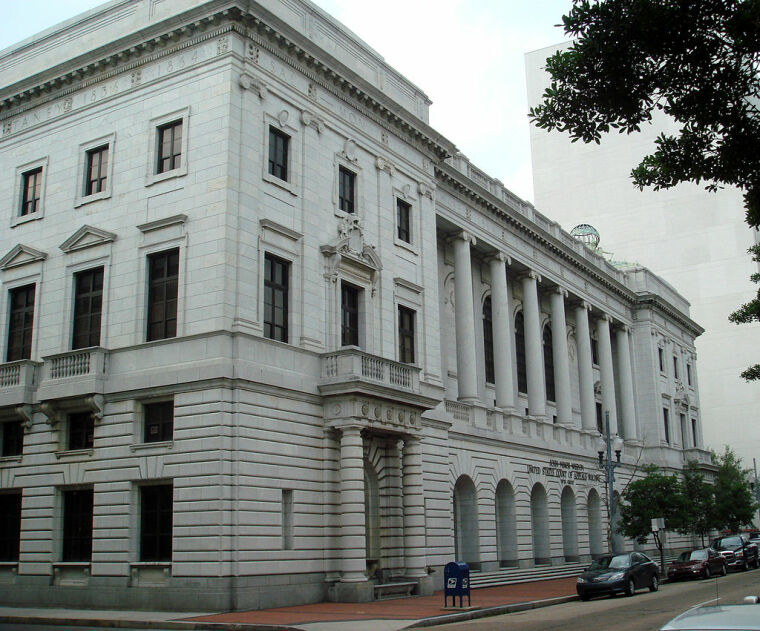5th Circuit rules against Baptist universities, Catholic charities in Obamacare case

NEW ORLEANS (Christian Examiner) – The 5th Circuit Court of Appeals in New Orleans has ruled religious organizations that do not wish to provide coverage for abortion-inducing drugs (abortifacients) in their health plans are still compelled to complete the legal process of requesting an exemption from that provision of the Affordable Care Act.
Several religious institutions in Texas, including East Texas Baptist University, Houston Baptist University, the Catholic Diocese of Beaumont, the University of Dallas and Westminster Theological Seminary had claimed the additional legal fees and paperwork to obtain the exemption "substantially burdens their religious exercise under the law."
The suits were filed by the religious organizations following the Supreme Court's ruling in Burwell v. Hobby Lobby in 2014, which claimed the government could not compel a company to provide abortifacients if its owners objected on religious grounds. Afterward, the Department of Health and Human Services established procedures for religious organizations or privately owned companies to request exemption from the law.
A preliminary question—at the heart of this case—is the extent to which the courts defer to a religious objector's view on whether there is a substantial burden. The inquiry has three components: (1) What is the adherent's religious exercise? (2) Does the challenged law pressure him to modify that exercise? (3) Is the penalty for noncompliance substantial?
District courts in Texas consolidated the complaints from the religious institutions into a single case, and in that case, East Texas Baptist University, et al, v. Burwell, the court ruled the religious institutions did not have to file the paperwork for an exemption. They were protected, the district court said, under the provisions of the Religious Freedom Restoration Act.
The 5th Circuit did not agree, claiming, "Because the plaintiffs have not shown and are not likely to show that the requirement substantially burdens their religious exercise under established law, we reverse."
"A preliminary question—at the heart of this case—is the extent to which the courts defer to a religious objector's view on whether there is a substantial burden. The inquiry has three components: (1) What is the adherent's religious exercise? (2) Does the challenged law pressure him to modify that exercise? (3) Is the penalty for noncompliance substantial?"
According to the court, only the individual or organization can answer the first question. The court however, believes it alone is allowed to answer the second and third questions. In this case, the court answered "no" to both.
Under the provisions of the Affordable Care Act, churches are automatically and already exempt from the requirement to provide coverage for contraceptive care, the court said, but ancillary organizations, such as denominationally-affiliated universities, religiously-based charities and seminaries, are not.
Those groups are required by law to submit a religious accommodation form (Form 700) or to issue a statement to the government claiming a religious objection and proving that the primary purpose of the organization is religious before they can eliminate coverage of abortifacients from their health plans.